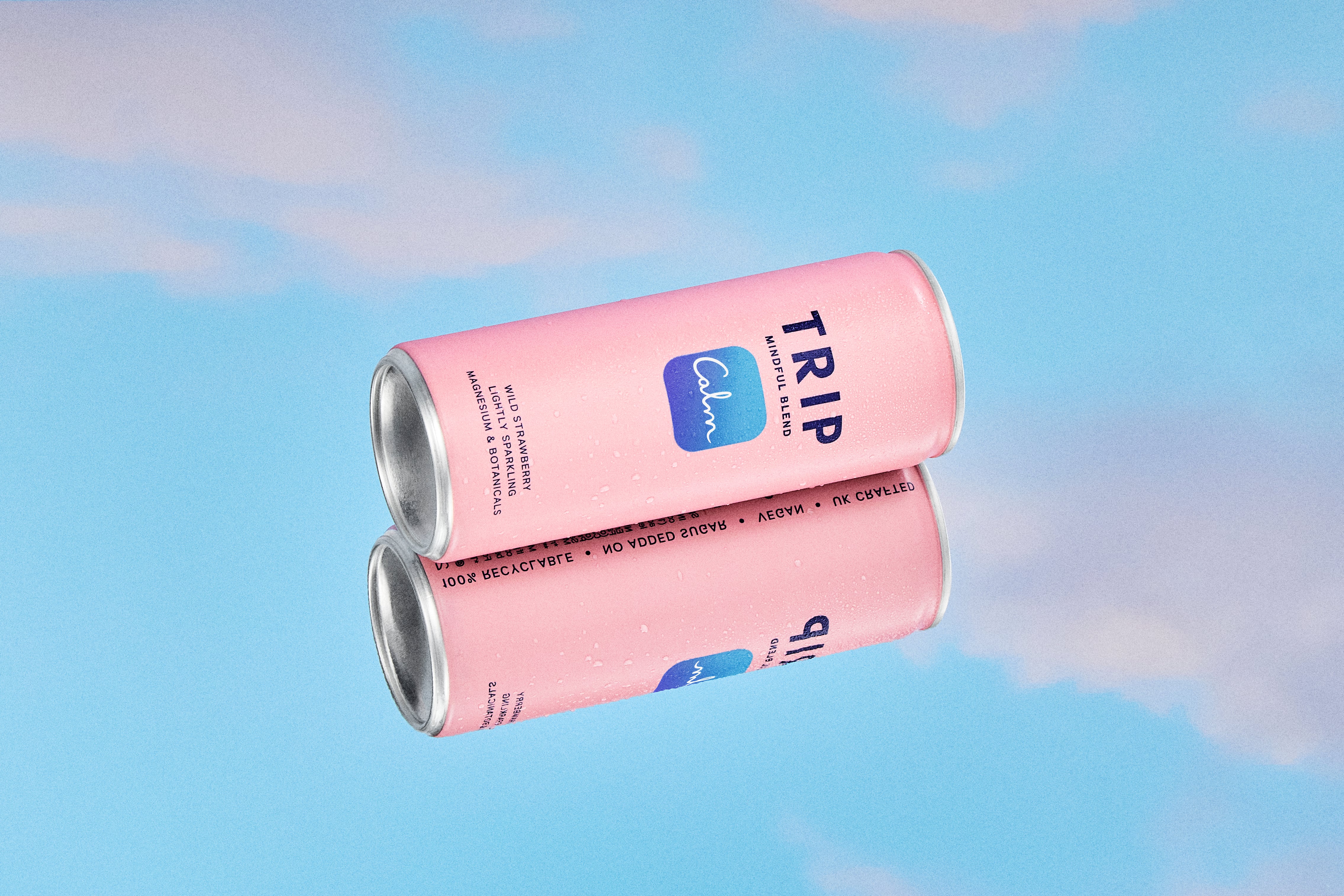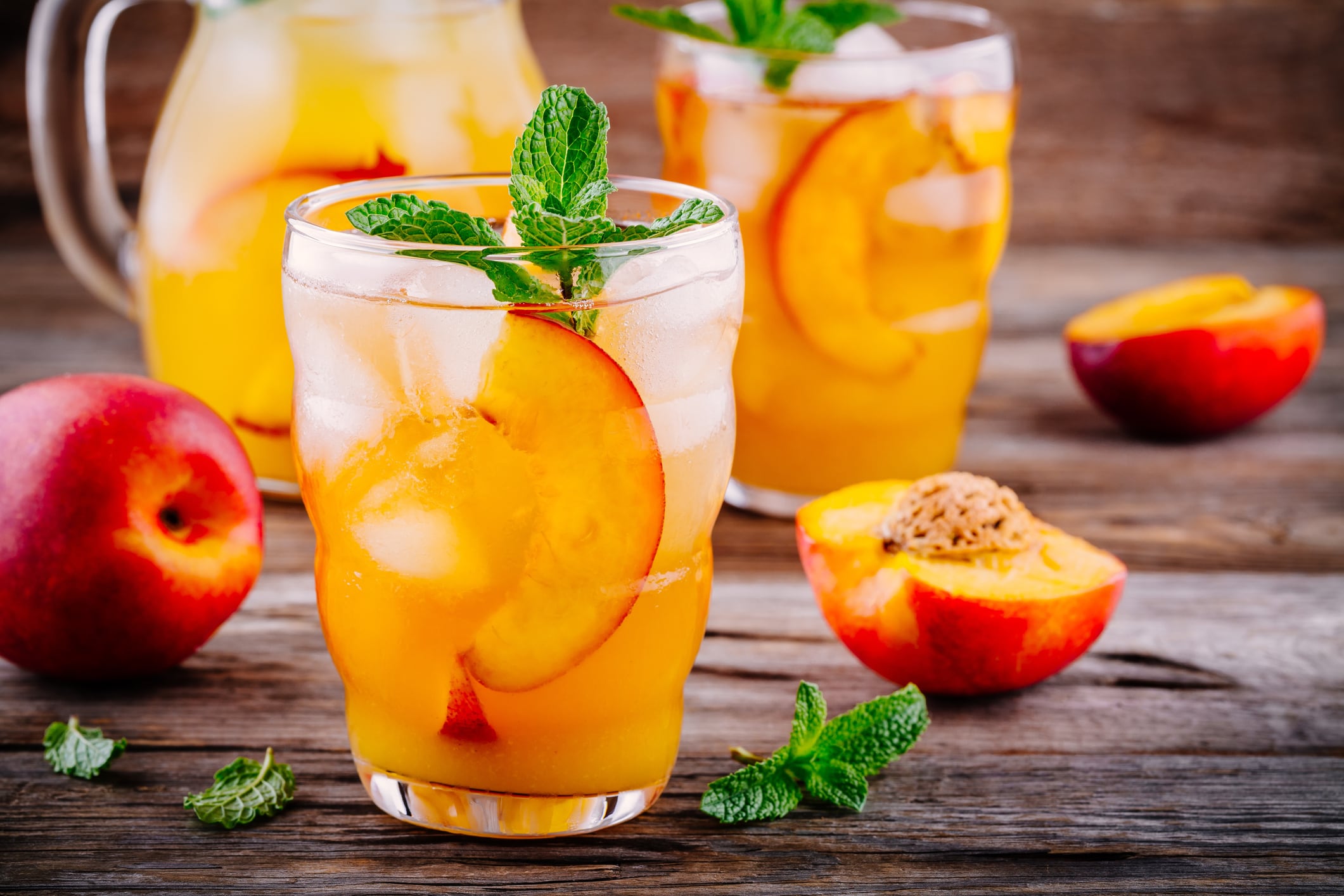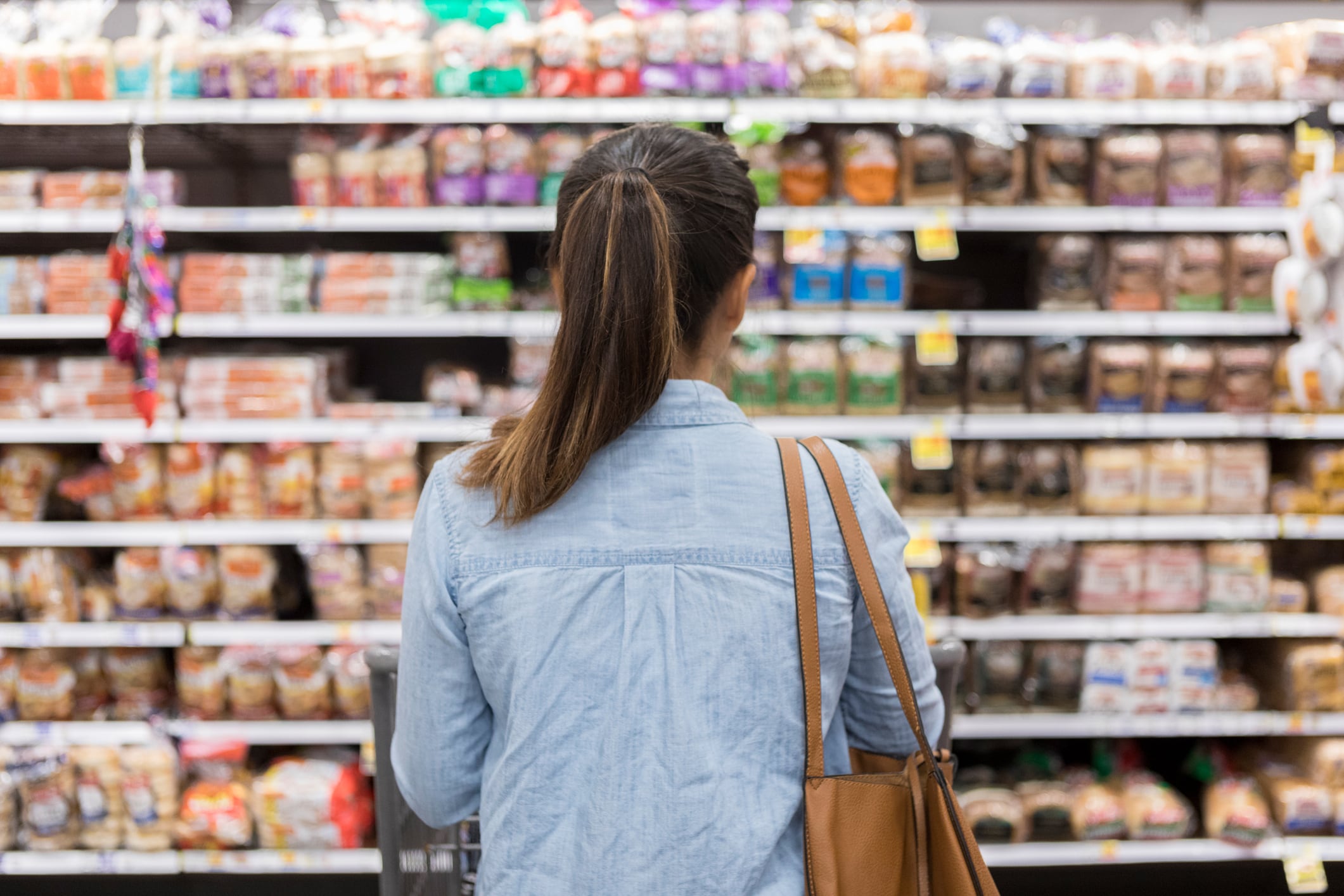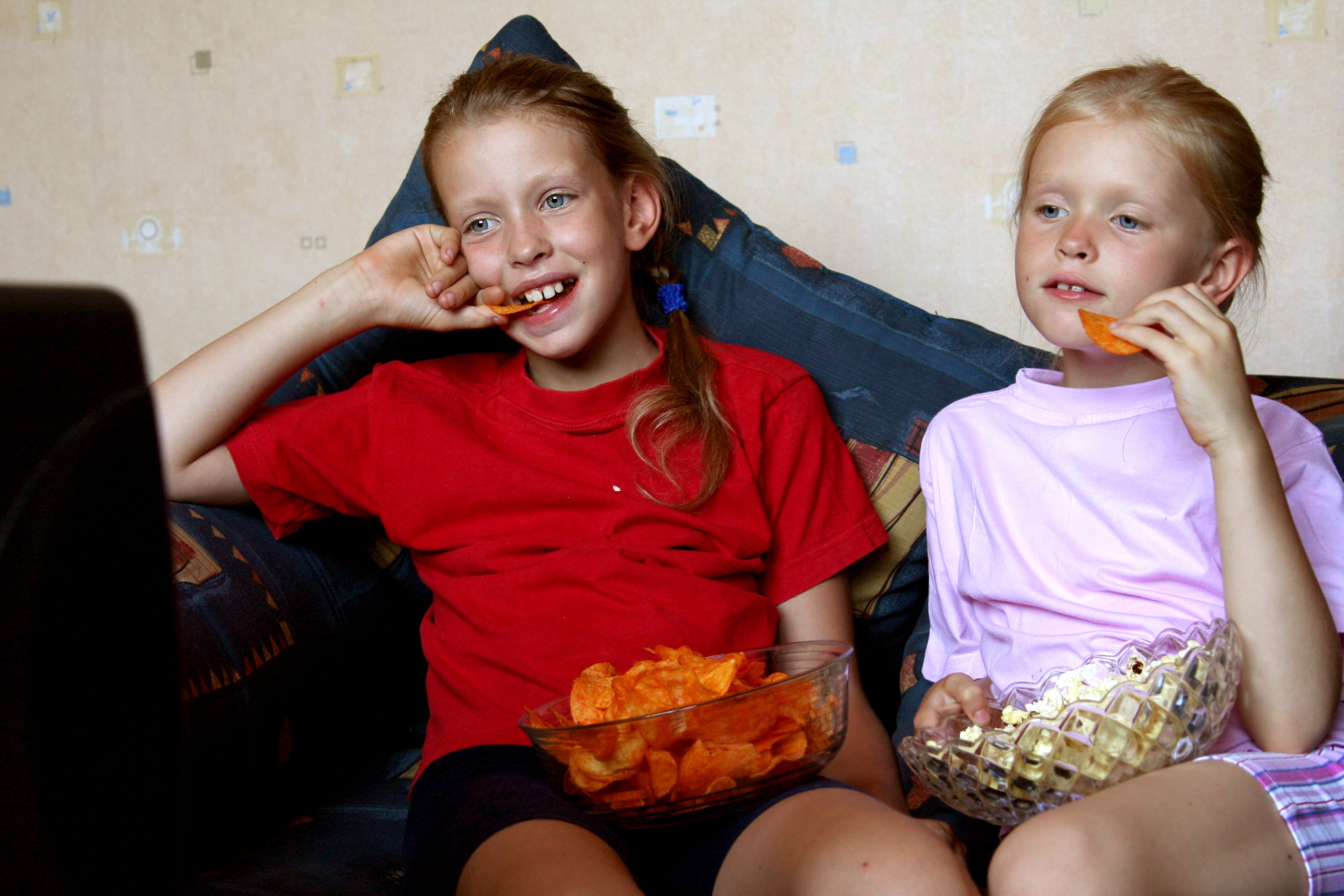TRIP, which offers a range of magnesium and CBD infused drinks, has had a drinks advert, which included a webpage headed ‘Cucumber Mint – Mindful Blend Magnesium Drink’, banned.
This is a result of claims related to its sugar content and impact on mood, which the ASA deemed to be inaccurate and misleading.
Misleading health claims
Under the heading ‘How to use’, the ad used language which the Advertising Standards Authority (ASA) said implied it would create a sense of calm: ‘Try me in the morning to help find some calm before a long day, or take a TRIP to unwind when work is over’.
This was also accompanied by a picture of a can and the text: ‘95% of TRIP customers felt that Mindful Blend made them feel calmer’.
In addition, the ad featured a reel of headlines, including ‘Magnesium is the latest buzzy supplement. Can it help with anxiety? While this mineral may not work for everyone, here’s what we know about the possible benefits’, whilst another mentioned, ‘Health Benefits of Lion’s Mane - Reduces Anxiety and Stress’.
The ASA said the advert suggested that the ingredients had beneficial health impacts and may lead consumers to believe it could help with anxiety.
“We considered the claims in the ad relating to the reduction of anxiety, for example ‘Health Benefits of Lion’s Mane - Reduces Anxiety and Stress’ would be understood by consumers as a claim to prevent, treat or cure anxiety,” said the ASA.
Inaccurate nutrition claim
Moreover, next to an image of its cucumber and mint magnesium drink, text stated ‘0g added sugar’, which ASA found to be inaccurate.
In response, TRIP contended that under the relevant legislation a ‘no added sugar’ claim is permitted where the product does not contain any added mono- or disaccharides, or any other food used for its sweetening properties.
The company stated that the sugars in its product were naturally occurring from fruit juices from concentrate (grape and apple) and used for their flavour and functional attributes rather than to sweeten.
It noted that in accordance with regulation, the product included the required statement, ‘Contains naturally occurring sugars’ and the formulation contained both bulk (erythritol) and intense (stevia) sweeteners. These were separately declared on the product’s pack under the text ‘with sweeteners’, which TRIP said reinforced the point that the fruit juices were not used for sweetening.
However, the advertising watchdog said that while it acknowledged the product contained sweeteners, and that the fruit concentrate (not mentioned in the name of the product) would contribute to other aspects of the product, it believed they would have been used, at least in part, for its sweetening properties.
“We therefore considered that the claim ‘0g added sugar’ did not comply with the conditions of use associated with the equivalent ‘with no added sugars’ nutrition claim and therefore breached the Code,” the ASA said.
Rachael Matthews, product director at TRIP, told Food Manufacture: “All sugar used in TRIP drinks is naturally occurring from fruit juice. As recognised in the Advertising Standards Authority’s Ruling, such fruit juice is used for its contribution to a number of different functional aspects of the drinks.
“In accordance with the Ruling, TRIP is taking steps to change its advertising of the relevant product to make this clearer to consumers.
“All statements regarding the relevant product’s calming properties were based on real world studies conducted with human participants. We will update our advertising and continue to work closely with regulators to ensure that TRIP can continue to educate consumers about the functionality of ingredients in its drinks whilst complying with all applicable regulatory requirements.”
The verdict
“We told Trip Drinks Ltd t/a TRIP to ensure their ads did not make claims that a food or food supplement could prevent, treat or cure human disease.
“We also told them to ensure any nutrition claims complied with the conditions of use associated with the relevant claim on the GB Register, and that they did not use specific health claims that were not authorised on the GB Register.”
This follows Lipton Ice Tea receiving its own slap on the wrist for an advert that suggested one of its flavours was being discontinued.





